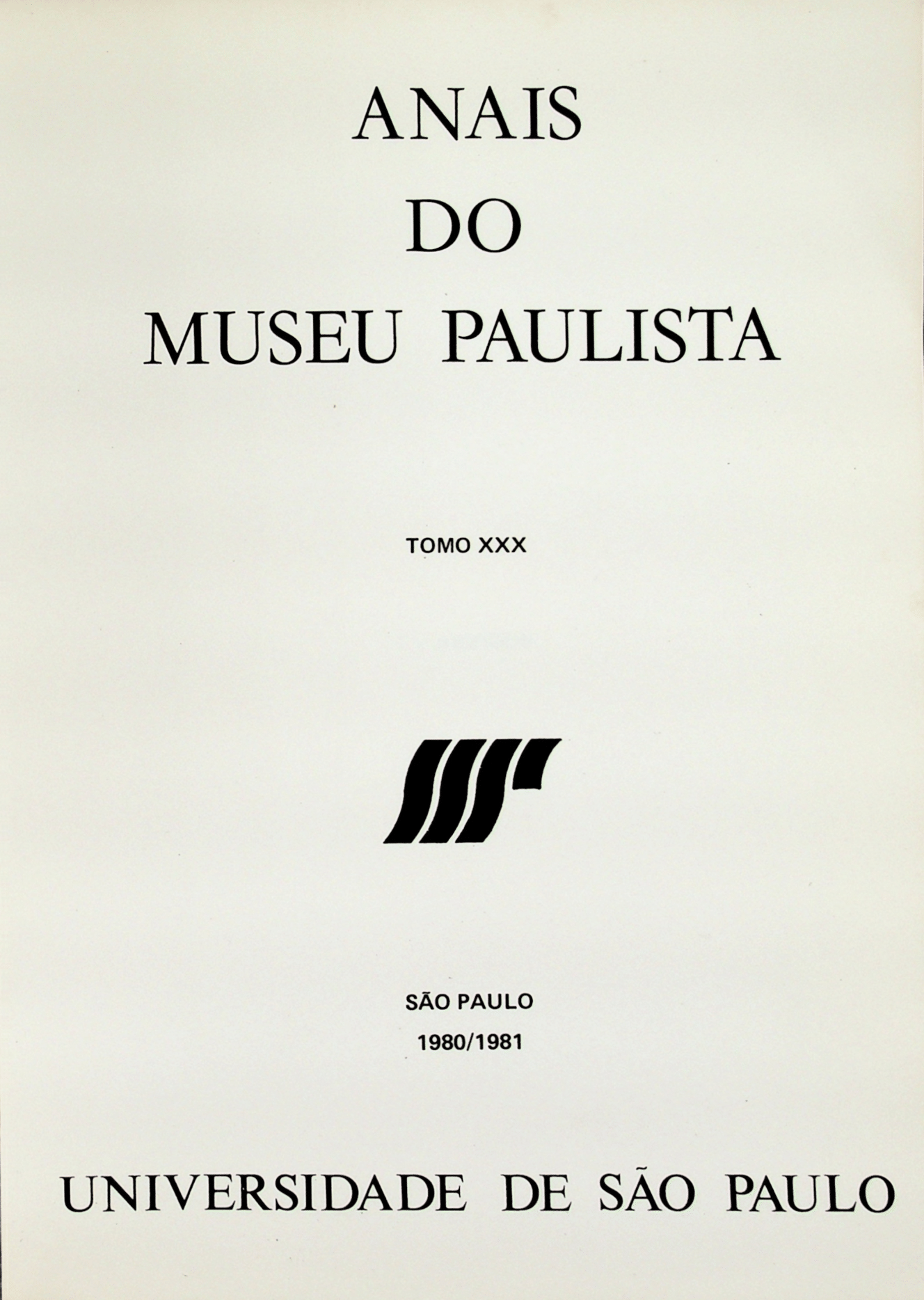Do mouro cativo ao escravo negro: continuidade ou ruptura?
DOI:
https://doi.org/10.11606/1982-02671981TomoXXXe15Resumo
This paper traces the emergence of the black slave as an object of legislation in the Portuguese Ordenações. Contrary to the views of F. Tannenbaum, there is no continuity in the legislative tradition concerning slaves in Iberic Península. Portuguese legal provisions on captive Moors are placed next to those on ecclesiastcial matters; on the other hand, the provisions on black slaves appear in the context of commercial and criminal law. The bondage of Moors is related to the Reconquest and that of Africans to the colonization of the New World. The captivity of Moors is temporary for they may be redeemed against christians. Black slavery is permanent and the black slave is a peculiar merchandise which only acquires a personal status to the extern that it can comit crimes.
Downloads
Downloads
Publicado
Edição
Seção
Licença
Copyright (c) 1981 Silvia Lara Ribeiro

Este trabalho está licenciado sob uma licença Creative Commons Attribution 4.0 International License.
Autores que publicam nesta revista concordam com os seguintes termos:
- Autores mantém os direitos autorais e concedem à revista o direito de primeira publicação, com o trabalho simultaneamente licenciado sob a Licença Creative Commons Attribution que permite o compartilhamento do trabalho com reconhecimento da autoria e publicação inicial nesta revista.
- Autores têm autorização para assumir contratos adicionais separadamente, para distribuição não-exclusiva da versão do trabalho publicada nesta revista (ex.: publicar em repositório institucional ou como capítulo de livro), com reconhecimento de autoria e publicação inicial nesta revista.
- Autores têm permissão e são estimulados a publicar e distribuir seu trabalho online (ex.: em repositórios institucionais ou na sua página pessoal) a qualquer ponto antes ou durante o processo editorial, já que isso pode gerar alterações produtivas, bem como aumentar o impacto e a citação do trabalho publicado (Veja O Efeito do Acesso Livre).



